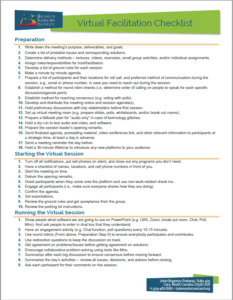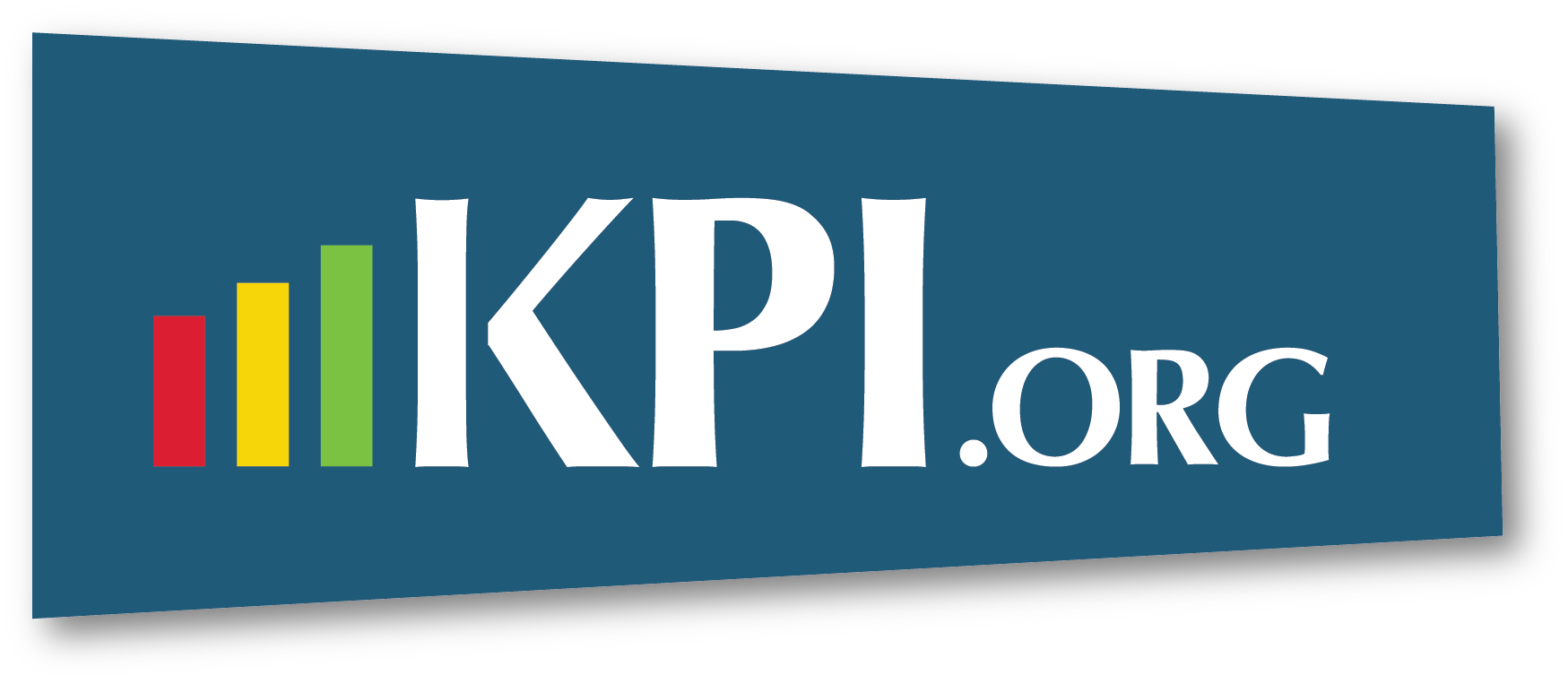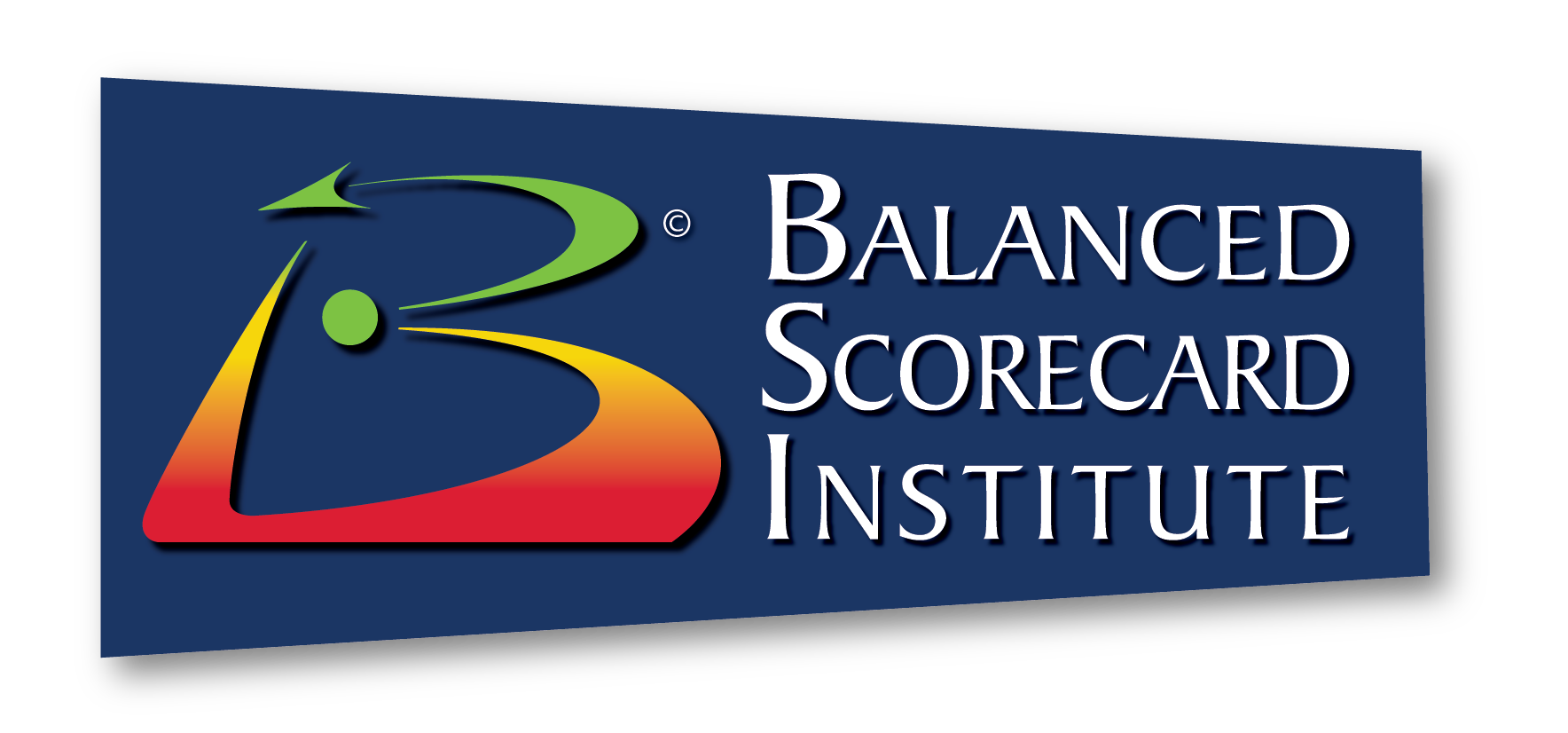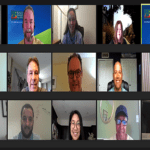Overwhelming response to our recent webinar, How to Plan for a Disruption Like THIS?!, is not surprising, as we all struggle to adapt to our new world. Questions are rolling in related to connecting business continuity planning with strategy, adapting prioritization schemes on the fly, managing risk with a balanced scorecard, adapting and aligning OKRs with a balanced scorecard, and much more. But one of the most common questions that is on the top of everyone’s mind is: how do we reset strategy when everyone is at home?
We get it. Planning usually happens in a retreat setting where we can look each other in the eye and break bread together as we debate strategy. As we rearrange post-it notes and listen to PowerPoint presentations, we also build a team culture. But the key is to separate the principles of collaboration and engagement from the traditional setting. While it might be easier to accomplish what you want in person, many organizations are now learning that online facilitation can be very effective if managed well. Here is some advice to continue effectively advancing strategy even from home.
Master the Art of Virtual Meetings
 We seem to all be taking a crash course on virtual meeting techniques these days. While we’ve all experienced a dreaded disaster meeting or two where the technology doesn’t work or poor planning results in an excruciatingly bad experience, virtual planning sessions can be successful if you plan carefully enough. First, decide which virtual meeting platform you will use. Then, learn how to use all the available functionalities so that you can best utilize the tool. Most of these platforms have created great tutorials to help you learn, so take advantage of them. For more general tips, see our Virtual Facilitation Checklist, which stems from our own experience and research.
We seem to all be taking a crash course on virtual meeting techniques these days. While we’ve all experienced a dreaded disaster meeting or two where the technology doesn’t work or poor planning results in an excruciatingly bad experience, virtual planning sessions can be successful if you plan carefully enough. First, decide which virtual meeting platform you will use. Then, learn how to use all the available functionalities so that you can best utilize the tool. Most of these platforms have created great tutorials to help you learn, so take advantage of them. For more general tips, see our Virtual Facilitation Checklist, which stems from our own experience and research.
Plan Your Agenda
This requirement for good in-person meetings is even more critical for online meetings. It should be absolutely clear what the desired outcome is for each session as well as for each step in the process. Plan for an almost minute-by-minute agenda. Create a parking lot to stop long digressions in their tracks. End with action items. Solid organization skills will pay off.
Be Inclusive
Some clients that I’ve spoken to have indicated that they were scaling back the number of folks involved in strategy planning due to the virus. That might be required in some cases, such as if you have a lot of folks that don’t have access to the internet or are consumed with operational continuity work. But in other cases, moving strategy planning online can INCREASE your collaborative flexibility. Rather than incurring travel event planning costs to throw a grand retreat and blocking off huge amounts of calendar time, online strategy sessions can be broken into a series of shorter online sessions. Information sharing and gathering sessions can take the form of a webinar or online focus group discussions. Tools like Miro can be used to facilitate small group strategy development sessions. In short, be creative. If you feel overwhelmed by too many video conference meetings, try experimenting with small group work or discussion boards. Have folks record presentations and share them in advance.
Conclusion
Most organizations have an urgent need to plan their response to the rapid change in our strategic environment that we are all experiencing. For some, waiting until things return to normal is not an option. Mastering the art and science of virtual facilitation is the first step we all must take towards improving our strategic focus in this new normal.
To learn more about strategic planning in a new LIVE ONLINE format, visit our BSP Certification page or contact us to learn about our virtual facilitation services.
For More





